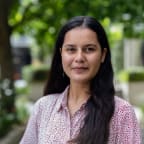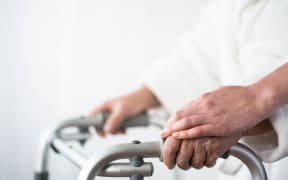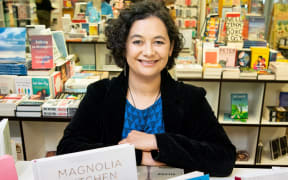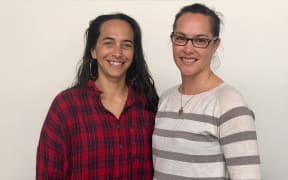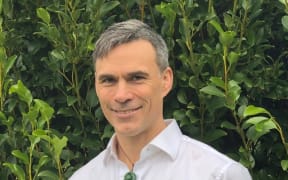A wāhine Māori dietician is launching a project to gather Māori knowledge and tikanga to help improve the health of for whānau, hapū and iwi.
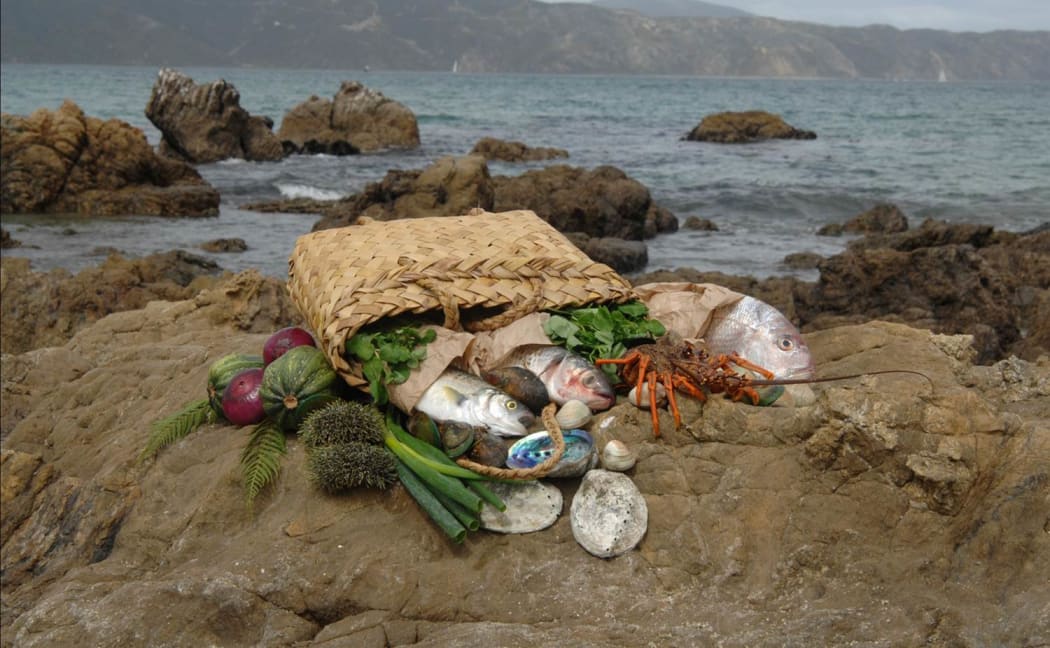
A basket of kai moana Photo: Supplied
Dr Nikki Renall from Massey University recently graduated with her PhD and has been awarded nearly $350,000 towards a new study in Māori nutrition.
The research project named Mātauranga Kai will use partnerships with Māori communities to gather stories about kai from kaumātua and other knowledge holders.
Dr Renall plans to embrace mātauranga Māori to create resources and initiatives to promote sustainable ways of eating for whānau while reconnecting them to te ao Māori.
For Dr Renall it was important to address the health inequities being faced by Māori by using culturally appropriate solutions related to nutrition and kai because they better connect with the communities involved.
She said the research project also has the potential to advance the current knowledge and approaches in the field of nutrition by drawing on other world views and cultural practices.
"My whole idea is how can we create a more equitable future for everyone in Aotearoa and uplift everyone.
"Science and mātauranga Māori are the uniqueness of Aotearoa and it's about weaving them together to enhance the well-being of everyone."
She said the research would also help archive important narratives related to kai so traditional knowledge can be passed on to future generations.
"We're interested to see how these stories might inspire and motivate change in how we grow, eat and choose kai in Aotearoa.
"There's so much knowledge out there, especially in our older generations, and it's just inspiring to think how we connect with the environment and how we can live in harmony with it - te ao Māori" she said.
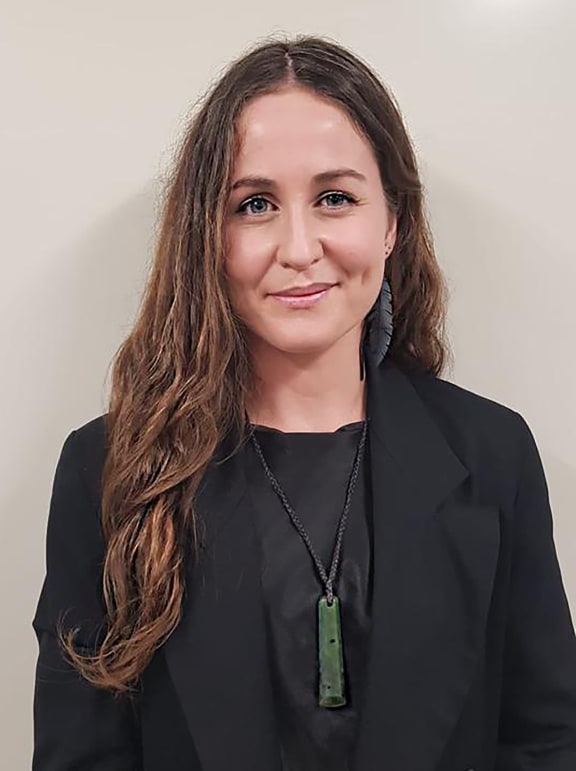
Massey University researcher and dietician Dr Nikki Renall Photo: Supplied
Dr Renall entered her university studies at Otago University not knowing what she wanted to pursue, but eventually discovered the nutrition department and dietetics.
She later worked in the public hospital in Wellington and saw the underwhelming realities for Māori when it came to health and well-being and decided to pursue a doctorate, while becoming a registered dietician.
The research will include interviews with hapū and iwi and document existing academic material about traditional food practices, holistic health and well-being.
And it will evaluate the impact of a pilot project run with Nelson-based Wakatū Incorporation that is whānau-led, using tikanga practices for growing and gathering kai.
The learning will be used to develop a framework for use by Māori to support better health using traditional knowledge about kai.
Dr Renall wants to see mātauranga Māori valued alongside western science so there is better understanding of its potential to elevate Māori communities and give them autonomy over their own knowledge.
"This research is really exciting, not only will it enable me the opportunity to contribute to mahi that supports the future aspirations of Māori, but it is also going to focus on nutrition related outcomes that are meaningful and affective for Māori"
"I think that is the essence of it - how can we protect the people and planet for current and future generations - mātauranga Māori and these stories relating to kai and oranga they connect with that, and I think that's how we need to think going forward", she said.
The funds awarded for the project are part of the Māori Health Research Postdoctoral Fellowship grant from the most recent Health Research Council of New Zealand funding round.
